6 Signs Your Car Needs a Window Tint Replacement
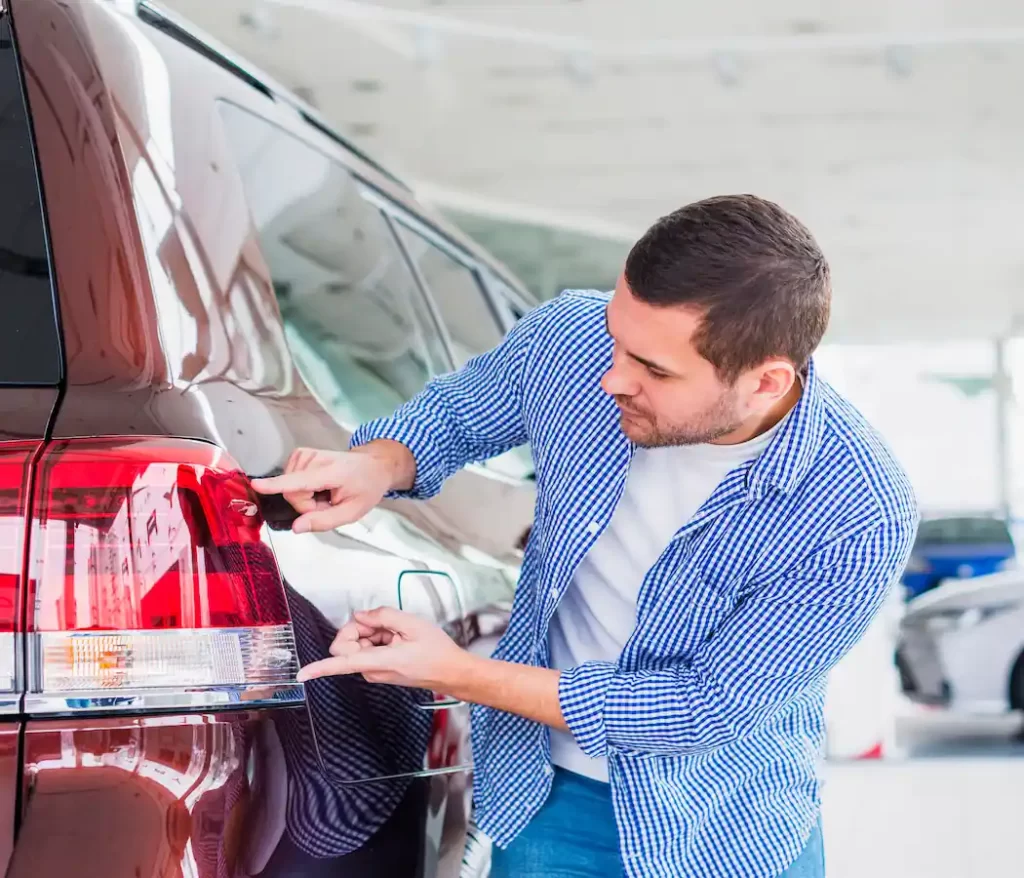
Your car’s window tint does more than enhance its look—it provides comfort, privacy, and UV protection. But like many car features, window tinting has a limited lifespan. Recognizing signs that it’s time for a replacement can save you from inconveniences and even potential fines. In this post, we’ll cover six telltale signs your car’s window tint may need replacement, including visibility issues and legal considerations.
Reduced Heat Protection

One of the primary benefits of window tinting is heat reduction. If your car is heating up faster than usual or you’re experiencing increased sunlight exposure, the UV protection in your tint may have weakened. Modern tints with advanced UV-blocking technology offer better protection, and replacing your old tint can help maintain a comfortable, cool interior.

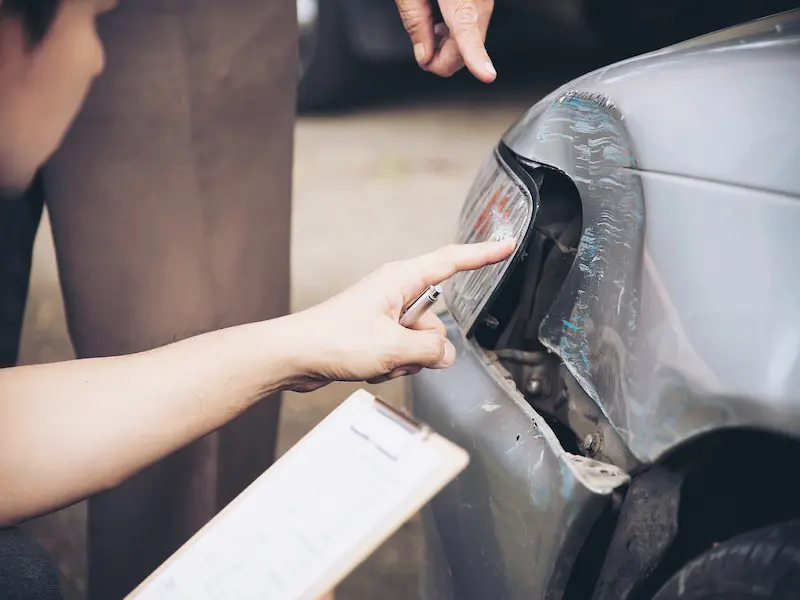
Scratches and Damage on the Tint Surface

One of the primary benefits of window tinting is heat reduction. If your car is heating up faster than usual or you’re experiencing increased sunlight exposure, the UV protection in your tint may have weakened. Modern tints with advanced UV-blocking technology offer better protection, and replacing your old tint can help maintain a comfortable, cool interior.
Difficulty Seeing Through the Tint
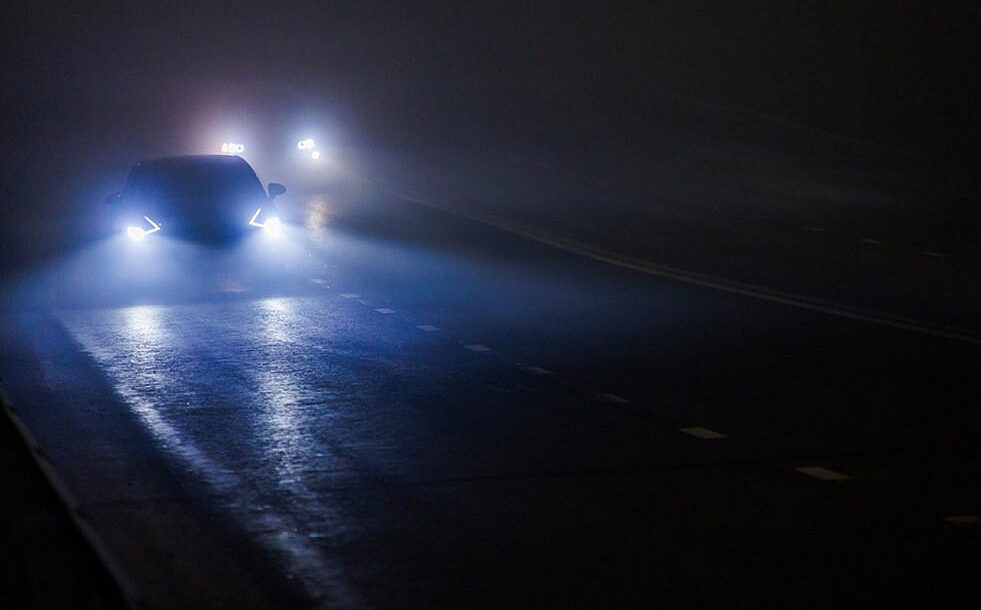
Aging tints can develop a hazy or cloudy appearance, which can make it challenging to see, especially in low-light or nighttime conditions. If you’re experiencing difficulty seeing through the tinted windows, it can be a serious safety concern. Replacing the tint with a high-clarity film can help maintain safe driving visibility.

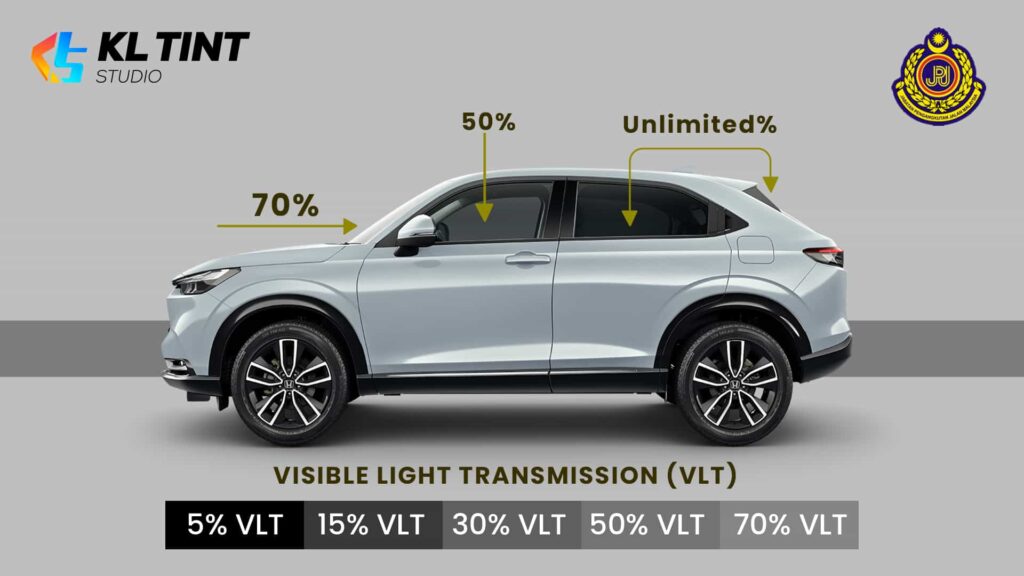
Legal Issues need for window tint

Tint laws vary by location and may restrict the allowable darkness and reflectivity of car window tints. If your tint has degraded, causing it to appear darker or more reflective, you could be violating local regulations. Avoid potential fines by ensuring your tint remains within legal standards. For current tint laws, consult trusted resources like AAA’s legal tint guide or local authorities.
Fading and Discoloration
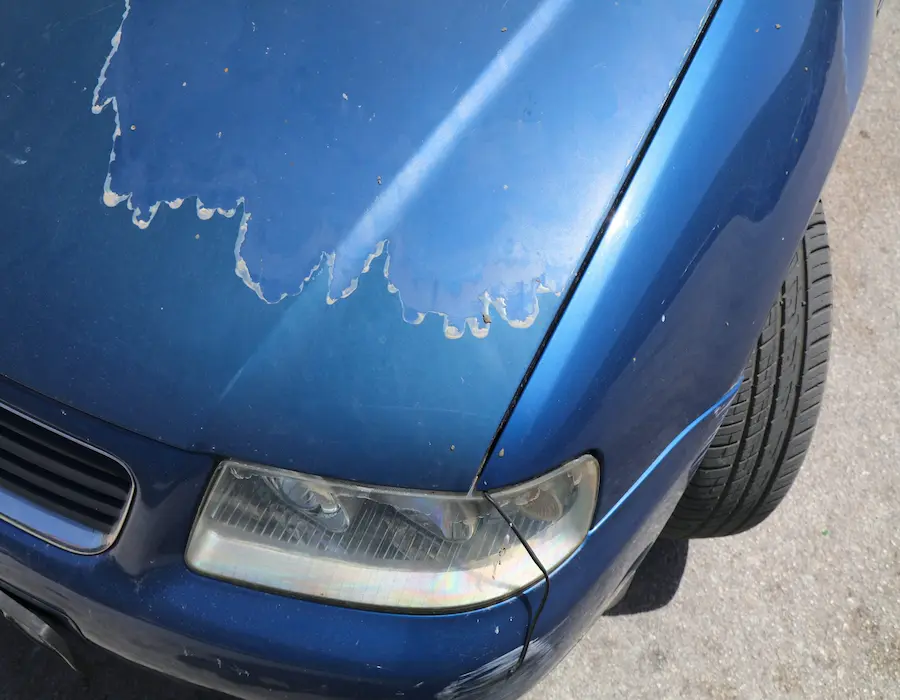
One of the most noticeable signs of a tint in decline is fading or discoloration. High-quality window tints typically have UV protection that keeps them looking new for years. However, a tint that’s been in place for a while may begin to turn purple or fade. This is often a sign of sun damage and indicates it’s time for a replacement. Learn more about quality tints from reputable sources like the International Window Film Association.

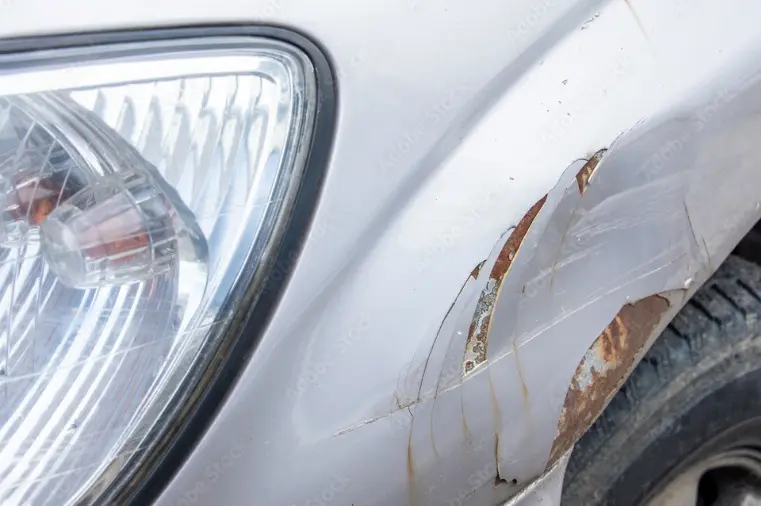
Bubbles and Blistering

If you spot bubbles forming on your tinted windows, it’s a clear sign of degradation. This can happen when the adhesive in the film starts to break down. Bubbles not only obstruct visibility but also affect the overall look of your car. If the bubbling persists, replacing the tint is the best solution to ensure safety and style.
If you want Professional window tint for your vehicle, you can contact us and you can go to visit our any Shop:
